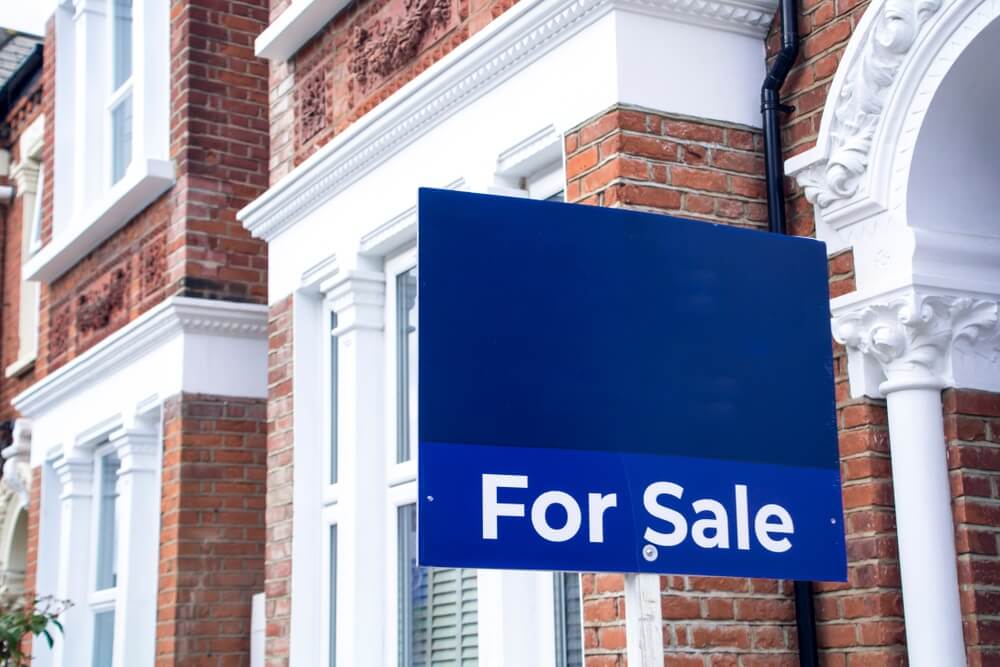Preparing to sell your home may seem like a daunting task but legal expert, Mark Morton, is here to explain what paperwork you need and how to find it
 The Question
The Question
I am looking to sell my home I have lived in for 25 years. What documentation and paperwork do I need to gather for this to happen and where can I get them from? Also are there any other aspects of the sale I should be aware of?
Mark’s Answer
For the purpose of this answer, we are assuming that the property is registered.
The first documents that you will need to gather prior to selling your property are your proof of identity documents.
Photo ID
In compliance with anti-money laundering regulations your solicitors will request that you supply a valid form of photo ID such as a passport and a valid verification of your address, which must be from within the last three months such a bank statement/ council tax bill/ utility bill.
Property deeds
Secondly, if you are in possession of a copy of the property deeds it would be helpful to provide these to your solicitor. Otherwise, it is possible for your solicitors to download these from the Land Registry website for a nominal fee.
Guarantees, servicing records and certificates
Thirdly, you will need to obtain a valid Energy Performance Certificate (EPC) for your property. Your estate agents can assist you in obtaining one of these.
If you have any copies of any guarantees/ warranties/ servicing records for items within your property such as windows/ doors/ boilers/ radiators then providing these to your solicitor will be of great help.
A few other things you’ll need to know…
You will obtain from your solicitor a number of property protocol forms which include: Property Information Form (and a Leasehold version if your property is leasehold), and a Fittings and Contents Form. The Fittings and Contents form sets out what items are to be left in the property and which you will be removing prior to completion.
Regarding other aspects of the sale to be aware of, an essential factor is that only at the point of ‘Exchange of Contracts’ are you as the seller committed to sell the property, and the buyer to purchase it. The buyer must pay a 10% deposit (which may be forfeited if the matter does not proceed to completion).
Completion occurs when you actually ‘buy’ the property. The purchase money is then paid over and the keys released. The date for completion is specified in the Contract and is agreed by both parties prior to exchanging contracts.
 Mark Morton is a residential property licensed conveyancer for Copley Clark (the trading name of Parfitt Cresswell). He has a career spanning two decades and joined Parfitt Cresswell in February 2020.
Mark Morton is a residential property licensed conveyancer for Copley Clark (the trading name of Parfitt Cresswell). He has a career spanning two decades and joined Parfitt Cresswell in February 2020.
If you would like to ask him or one of his colleagues a legal question connected to your home or related finances email kate.saines@emap.com














